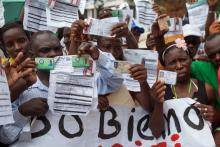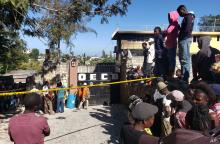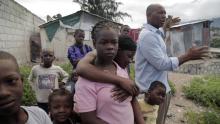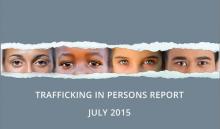What's Happening in Haiti?
The much-awaited Kenyan-led multi-national force is nowhere to be seen - and even if it were, it may not be enough to stop the chaos. Gangs control 80% of Port-au-Prince, have attacked the airport, and are banding together to force for the resignation of Ariel Henry. According to a Miami Herald article by Michael Wilner and Jacquline Charles, the U.S Government has asked Henry to move forward with the formation of a transitional council — a mechanism that would involve the appointment of an interim prime minister to replace Henry, compelling his resignation. The situation has been urgent for a long time but the lack of action may result in the toppling of the government and the overwhelming of the Haitian National Police. A New Humanitarian article by Daniela Mohor below provides more information the humanitarian impact.









